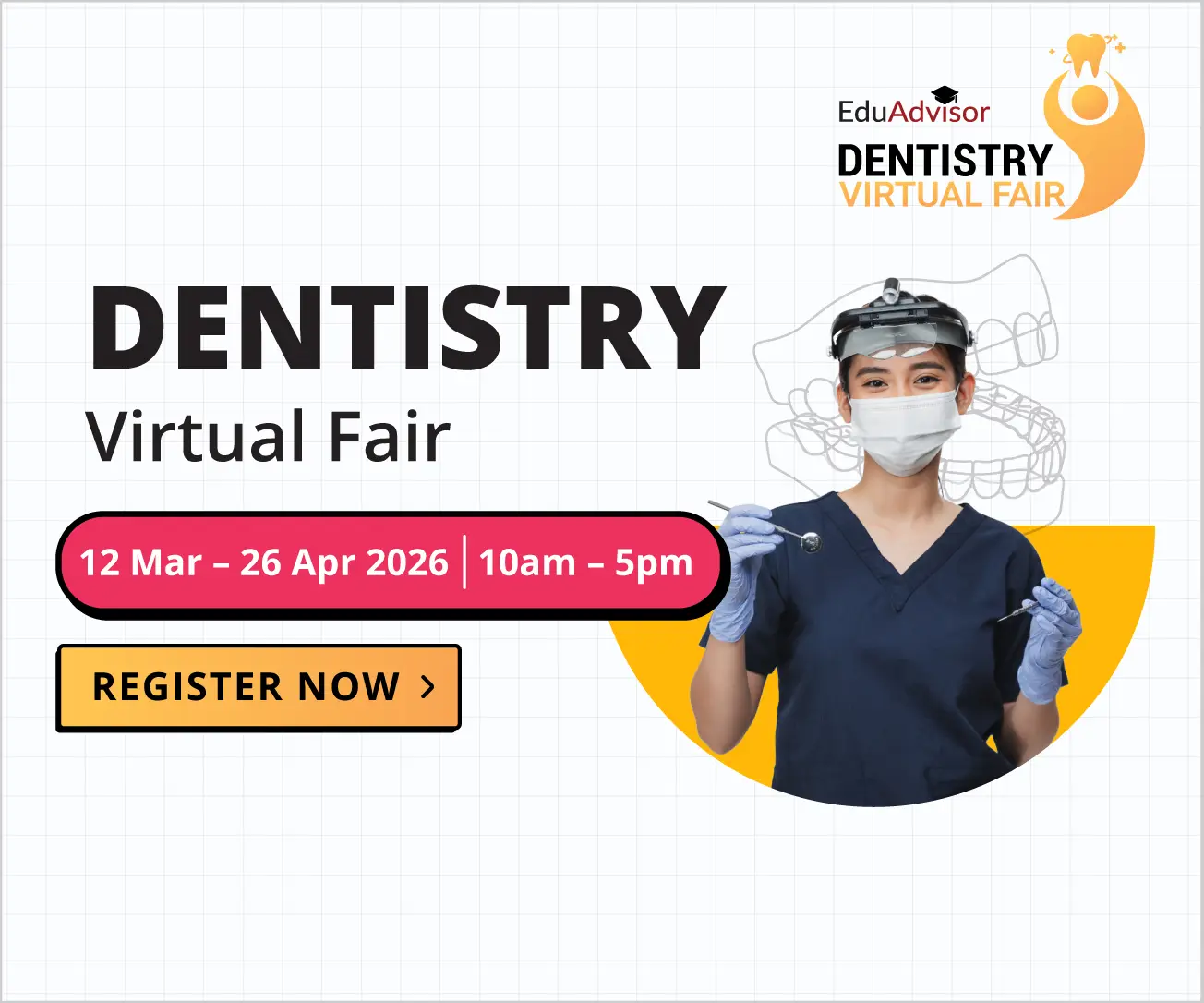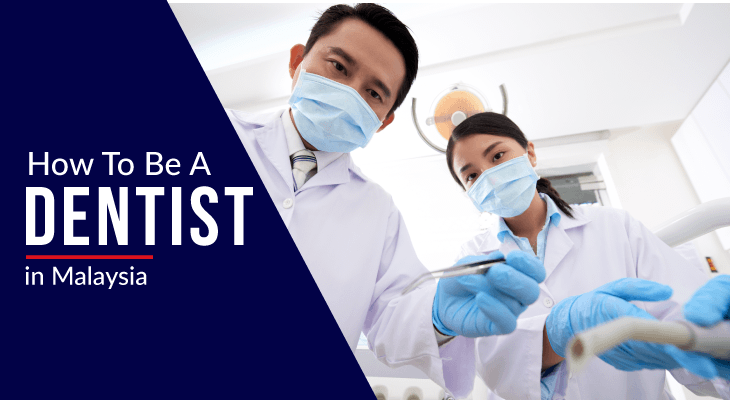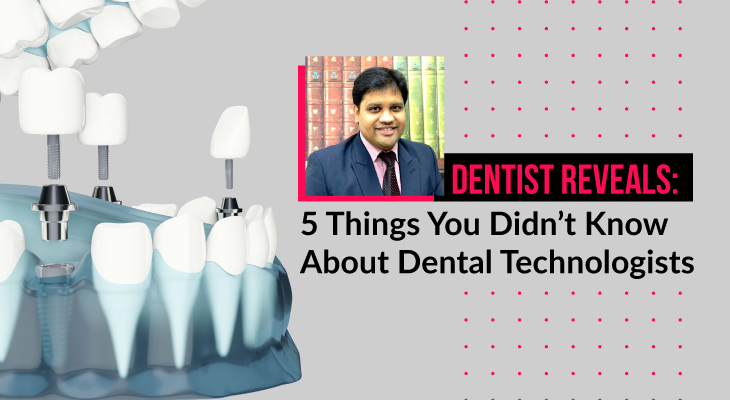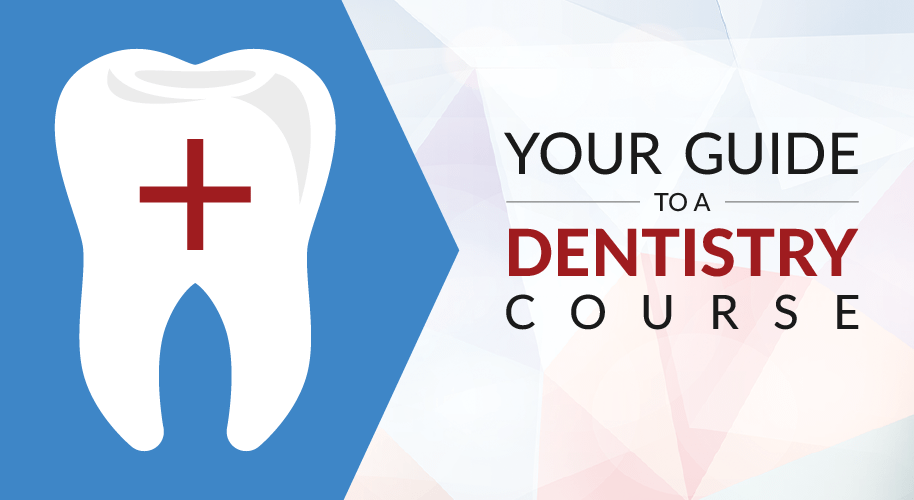7 Myths About Studying Dentistry and Being a Dentist
With all these myths swirling around about dentists, we're here to debunk these toothy misconceptions.
Updated 23 May 2022
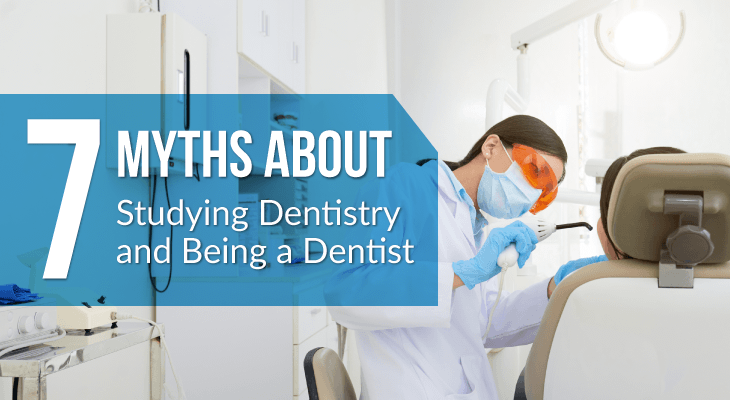
Miguel de Cervantes once said, “Every tooth in a man’s head is more valuable than a diamond.”
Good dental care is integral to your health. As providers of this care, dentists play an important role in your life. However, they often go underappreciated, overshadowed by their medical counterparts.
Part of the reason why this is so is due to the rampant misconception and stereotypes about what studying dentistry and becoming a dentist is all about. No, studying dentistry is not a downgrade from pursuing medicine.
Let’s take a look at some of these annoying myths.
#1. Dentists are not real doctors

Despite claims from certain circles, dentists are doctors.
While medical students pursue a Bachelor Of Medicine, Bachelor Of Surgery (MBBS), dental students take on the Bachelor of Dental Surgery (BDS) and train to become a surgeon too, albeit in a different area.
Like doctors, dentists are certified to prescribe medication to patients, having taken pharmacology as part of their education. Even though dental students focus on teeth and gum care, they also learn anatomy, biochemistry and physiology similar to medical students.
That’s not the only similarity they share with medical students. Dental graduates also undergo practical training before they graduate and must register with the Malaysian Dental Council, a process that medical graduates need to adhere to as well.
Finally, at the end of it all, both doctors and dentists in Malaysia have the right to use the title “Dr”, proving that dentists are pretty similar to doctors.
#2. Only those who can’t get into medical school become dentists
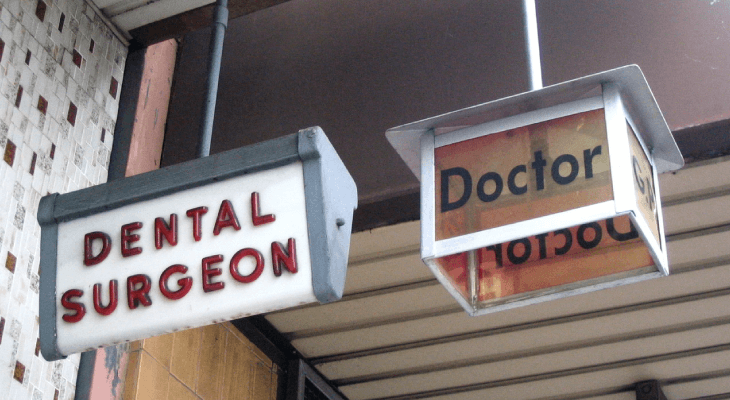
Dentistry is often viewed as a second choice for those who fail to get into medical school. For some reason, people often assume that it’s a more accessible option than an MBBS. This perception is not only wrong, but it can also be quite offensive.
The truth is, competition for dentistry is actually a lot higher. In Malaysia, there are only 13 dental schools. This is a meagre amount compared to medicine with over 30 medical schools. Therefore, due to the limited spots, getting into dental school can be a lot harder.
Additionally, both dental and medical schools share the same stringent entry requirements. That means that if you’re not eligible for medical school, then it’s likely that you’re not eligible for dental school as well.
#3. Dental school is easier than medical school
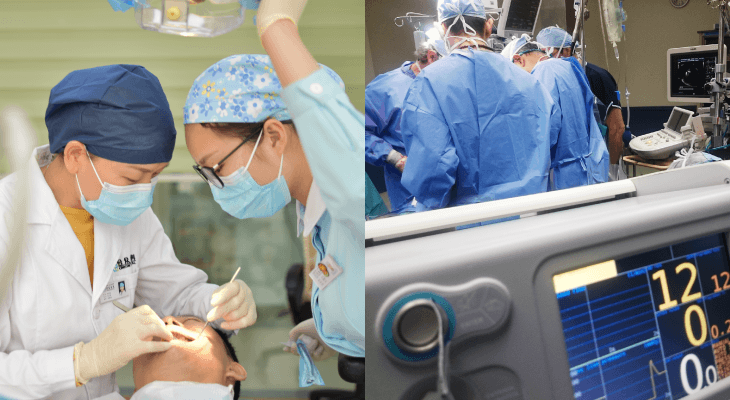
Why the need to compare? When it comes to college courses, nothing is ever easy. Every different course comes with its own sets of challenges and dentistry is no exception.
For starters, the subject material in dentistry is just as rigorous as medicine. After all, the mouth is connected to the entire body. Additionally, dentistry students can expect a similar pathway as their medical counterparts — 2 years of pre-clinical study followed by 3 years of clinical training, coming up to 5 years of degree in total.
Finally, both dental and medical students will have to go through years of postgraduate studies before they can specialise in a particular field. So no, dental school is not any easier than medical school.

#4. Dentists only deal with teeth
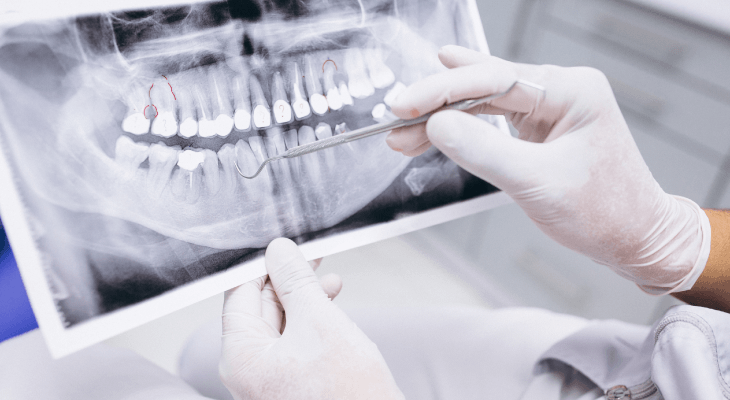
Did you know that dentists can sometimes detect health problems even before a doctor does?
Systemic diseases (diseases that affect the whole body) such as diabetes can show up first in the form of oral issues and mouth lesions. Therefore, dentists are trained to check for abnormalities that could signal a bigger problem, allowing patients to get an early diagnosis and take appropriate responses.
In addition, a dentist’s area of care extends beyond the teeth and gums to include muscles of the head, neck and the jaw area, diagnosing issues in these areas and other maxillofacial issues.
Apply for university with EduAdvisor
Secure scholarships and more when you apply to any of our 100+ partner universities.
Start now#5. All dentists are the same
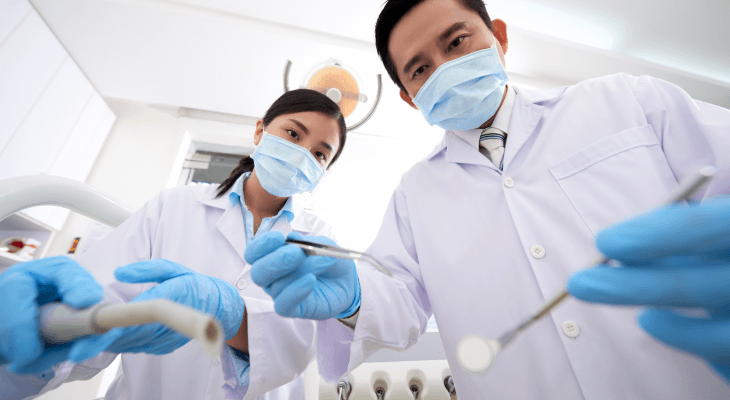
Not true! Just like doctors, there are different types of dentists.
The general dentists are the ones who can perform basic oral procedures like routine cleaning and scaling. You can become a general dentist once you graduate with a dental degree. However, for more complex and specialised oral issues, you might need the help of a specialist.
In Malaysia, there are many types of dental specialists. For instance, paediatric dentists deal with infants and children while orthodontists are experts in the correction of irregularities of the teeth. All these specialists focus on different parts of the maxillofacial and oral health.
If you feel like you would be bored by general dentistry, you can choose to specialise in any of these fields by pursuing an additional 3 - 4 years of specialist training.
#6. Looking at someone’s teeth all day long can be really boring
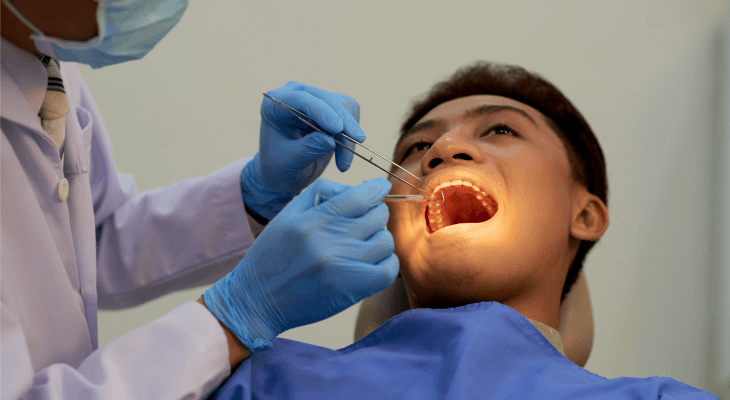
Will you be doing the same procedures such as cleaning and scaling everyday? Maybe. Will that be boring? Depends on who you ask.
One of the perks of being a dentist is that you will get to meet with a lot of people. The patients you meet will have their own stories and it could be very interesting to get to know them. You might even form a special patronship with your customers.
At the same time, you’ll also come across a wide variety of diseases and issues. Diagnosing these issues and prescribing treatments can be quite interesting. Even if you come across the same problem again, no two cases are exactly the same. It could vary depending on your patient’s personal lifestyle.
If regular dentistry bores you, you can always specialise. You can go into the more general specialisations such as orthodontics and periodontology or you can go into the more unconventional fields like forensic dentistry.
In short, it’s safe to say that dentistry is anything but boring.

#7. There is no creativity in dentistry — it’s just pure science
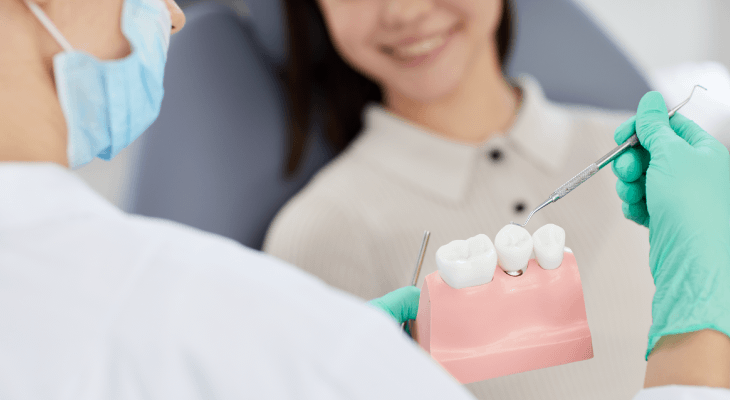
Contrary to popular belief, the dentistry field is much more than just pure science. It’s worth noting that patients go to the dentists not only for health purposes but also for cosmetic reasons.
Therefore, cosmetic and visual aesthetics are an important part of dentistry. Take implantology for example. Dentists must be able to envision how their implants will affect the patients facial structure and alignment. They have to take into consideration the position, colour and shape of the implants to make sure it fits the patients’ visual goal without affecting their oral health.
Creating the perfect smile is hard. You need more than just scientific knowledge about dental issues. It takes an artistic soul to know what will look good and what will not.
Did you fall for any of these myths?
It’s time to stop uplifting the medical field by constantly downgrading the dental industry. Both are important fields and both deserve equal respects. Now that you’ve read this, you can hopefully combat some of the untooths you hear about dentists.


